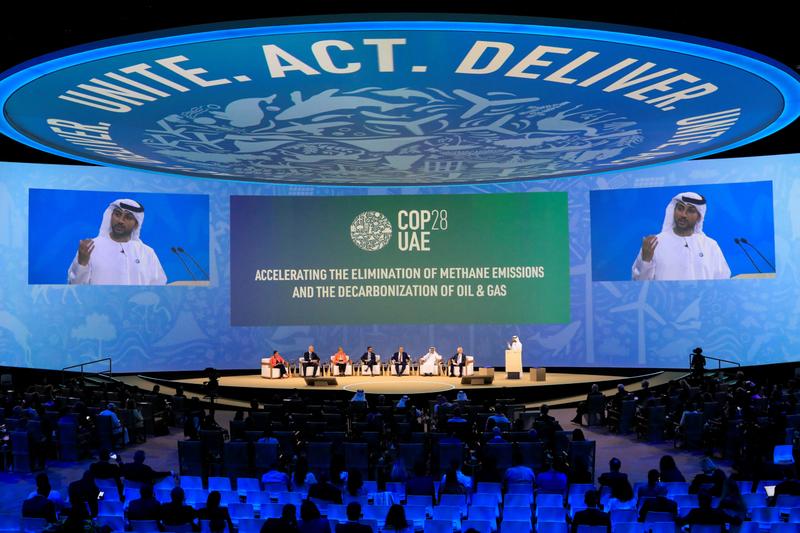Is COP28 going to help save our planet?


Paolo Natale


Paolo Natale
Front of mind

Rahul Gandhi calls out the ECI for “vote theft,” but the Commission demands proof or apology.

Senegal struggles with a severe plastic waste crisis, producing around 250,000 metric tons annually.